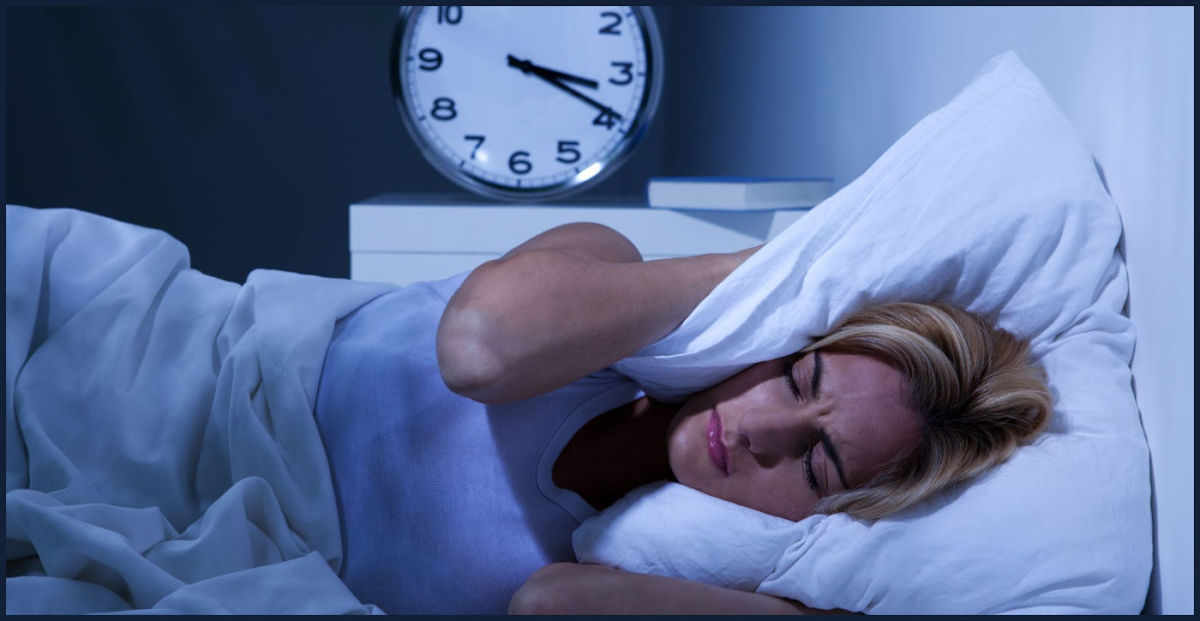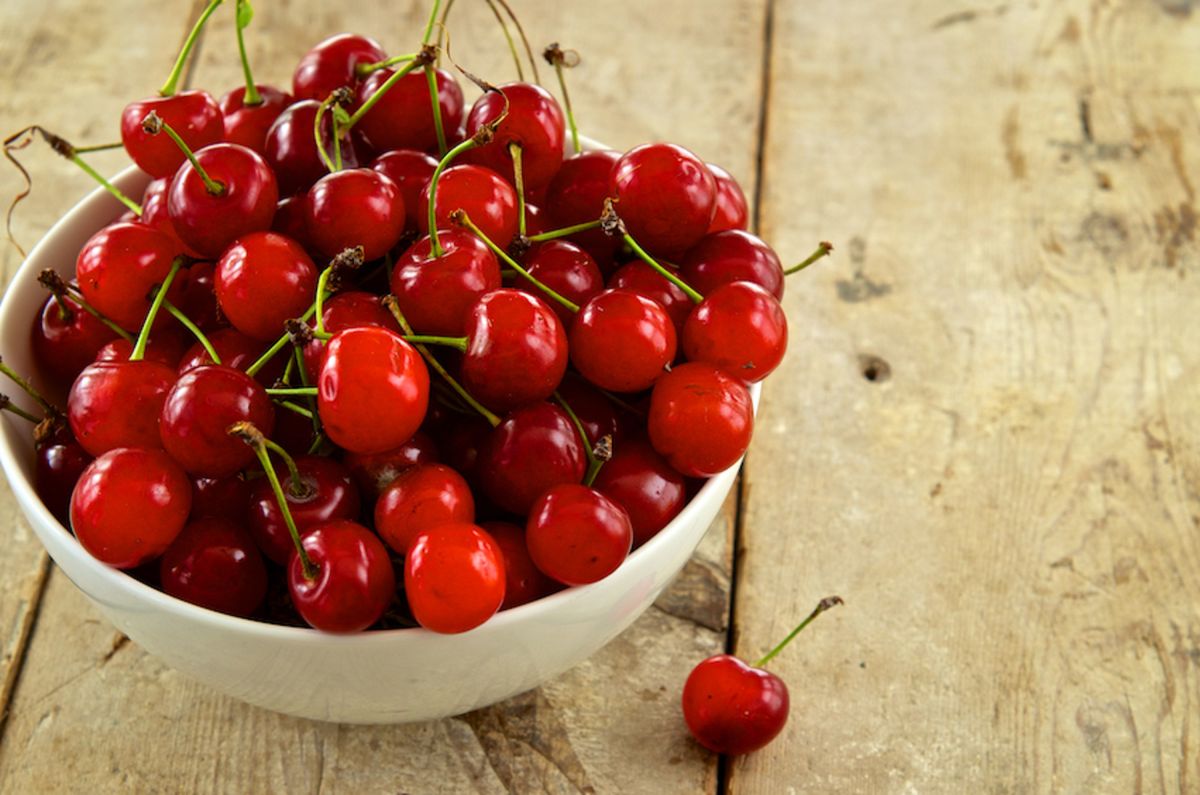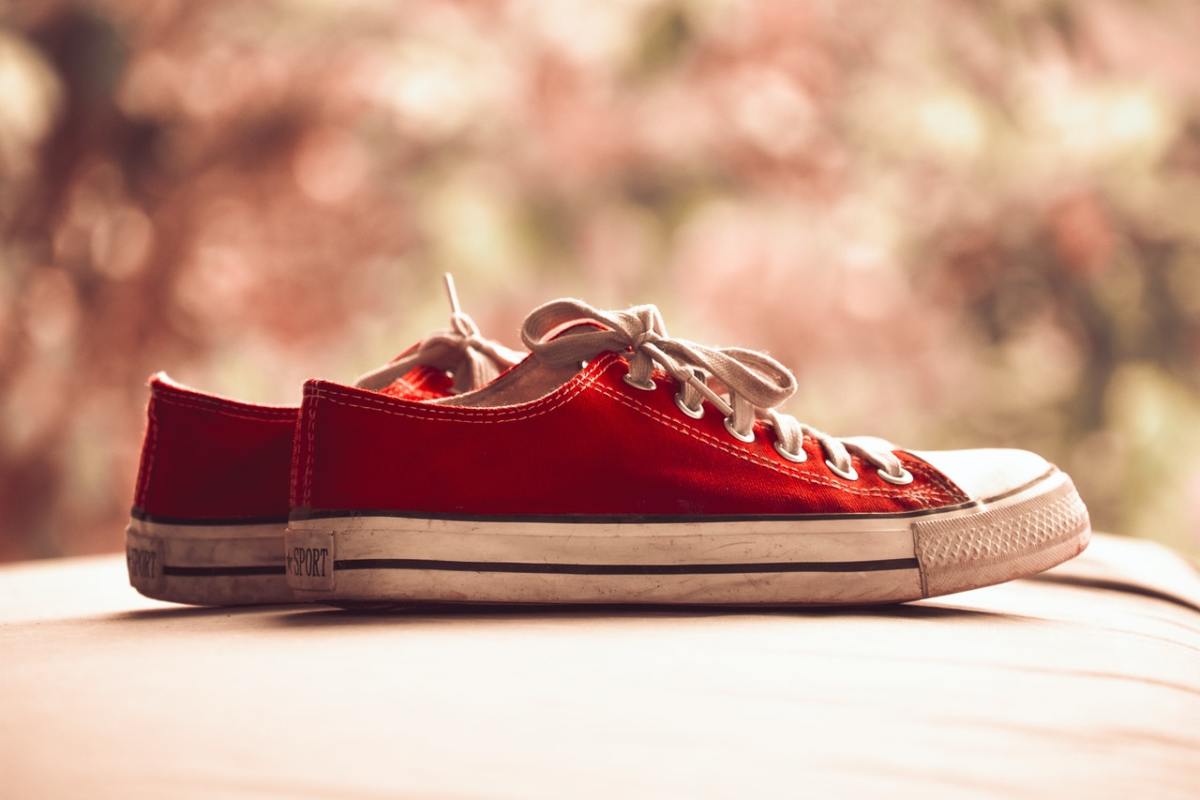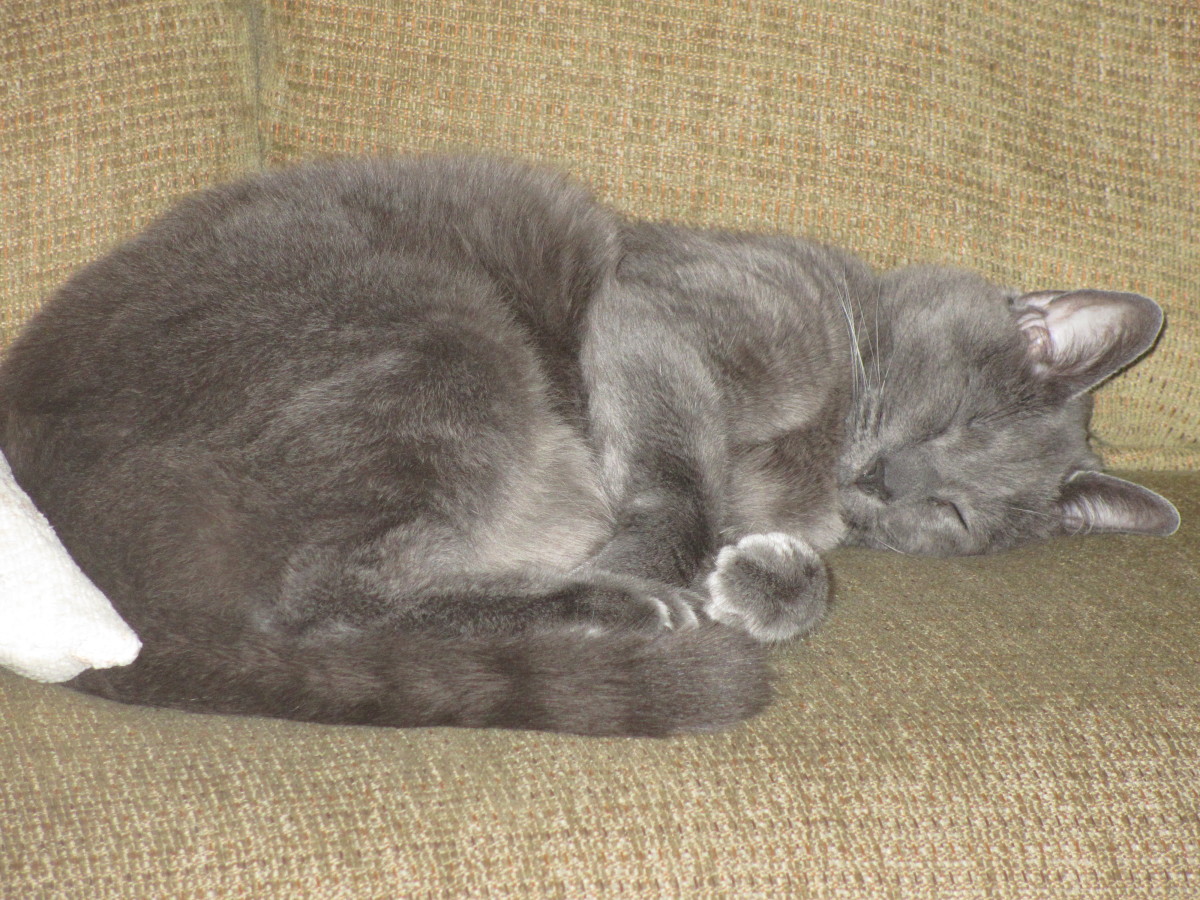- HubPages»
- Health»
- Personal Health Information & Self-Help»
- Self-Help for Sleep Issues & Sleeplessness
5 Natural Ways to Get Better Sleep
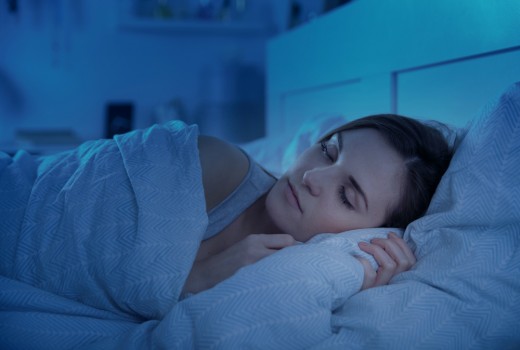
The average adults needs seven to nine hours of good quality sleep every night, but an estimated 35.3 percent of adults in the U.S. get less than seven hours of sleep in a 24-hour period. Up to 70 million adults in the United states have sleep disorders, ranging from snoring to obstructive sleep apnea. In the short term, poor sleep quality can result in impaired driving and car accidents.1 Long-term sleep deprivation can put you at risk for some serious problems with your physical health and mental faculties, including:
- Memory problems
- Changes in mood
- Weakened immunities
- High blood pressure
- Diabetes and heart disease2
Unfortunately, getting better sleep can be easier said than done, especially if you are grappling with a sleep disorder, medical condition, or everyday stress. Thankfully, you can easily find a variety of natural ways to improve your sleep and get the rest that you need.
1. Melatonin
Melatonin is one of the most common sleep aids you’ll find, but it’s actually a natural hormone produced in your body. Melatonin is made in the brain’s pineal gland and is responsible for controlling your natural sleep-wake cycle through your circadian rhythms (or internal clock). The amount of melatonin you actually produce depends on the time of day and the amount of light that you are exposed to. Generally, in a healthy person, melatonin levels will gradually increase as the sun goes down. The hormone stays elevated at night, when it’s dark out, causing you to feel sleepy. At sunrise, the melatonin levels begin to drop off, keeping you alert and awake.3
However, your melatonin levels can subside based on a wide range of factors. Most commonly, the shorter, darker days in winter can cause your body to produce melatonin earlier in the day. Melatonin deficiencies can also be caused by anything that disrupts your sleep, including:
- Shift work
- Late nights
- Caffeine and sugar
- Stress
- Exposure to blue light (more on this later)
Some people naturally produce less melatonin, and some adults produce less melatonin as they age.4
Taking melatonin supplements or eating melatonin-rich foods before bed may help you achieve better sleep. Some foods that naturally contain melatonin include:
- Porridge
- Tomatoes
- Radishes
- Barley
- Sweet corn
If you go the route of supplements, a typical dose is usually anywhere from two-tenths of a milligram to five milligrams about one hour before bed. Less is generally better, especially when you’re just starting out. Remember that too much melatonin can have the opposite effect and further disrupt your sleep cycle.5
2. Avoid Blue Light Before Bed
Prior to technological advances, the main source of light was the sun. Save for candles, nights were dark and thus naturally time for sleep. Fast forward to now when artificial light has become a ubiquitous and necessary part of existence. All forms of light can potentially cause fluctuations in your sleep-wake cycle, but blue wavelengths of light are particularly disruptive by actively suppressing melatonin secretion.6 Studies show that exposure to blue light may shorten total sleep time and diminish sleep quality by increasing how often you wake up at night. Research also shows that blue light may keep your body temperature from dropping at night, a key element of sleep.7
Blue light can come from fluorescent and LED bulbs, but screens are the biggest modern culprits, including your TV, computer, smartphone, and tablet. While it’s one thing to wind down with some TV before bed, it’s another to be scrolling through your phone while you’re in bed, especially considering that social media use 30 minutes before bed has been shown to disturb sleep.9 Ideally, you should stop staring at or using a screen two to three hours before bed, but at least an hour of screen-free time before bed should be suitable. Charge your device far away from your bed so that you’re not tempted to check it before bed.
3. Exercise
You know that exercise comes with plenty of health benefits, so it shouldn’t be a surprise that exercising regularly can improve your sleep and the quality of sleep. Exercise can help you work off any stress and tuckers out your body. Exercising in the morning or afternoon can also help to reset your sleep-wake cycle by warming up your body and exposing you to sunlight. Generally, the more vigorous the exercise, the more prominent the sleep benefits, but just 10 minutes of light aerobic exercise per day is enough to improve your sleep quality.10
4. Limit Your Caffeine
About 85 percent of people in the United States drink at least one caffeinated drink a day.11 It’s a powerful drug that keeps you awake, but it can often create a cycle of sleep disruption and coffee consumption. Caffeine acts as a stimulant, increasing your general alertness and attention, but it also works at a chemical level to keep you from feeling sleepy. Caffeine blocks adenosine (a neurochemical that triggers feelings of sleepiness) and suppresses melatonin production.
While that doesn’t necessarily mean you need to eliminate caffeine immediately from your diet, it does mean you should consider cutting back and keep timing in mind. Caffeine has a half-life of about six to eight hours, meaning it takes that amount of time to metabolize half of the caffeine you consumed, which is why a cup of coffee in the late afternoon could still leave your brain feeling wired past midnight. If you still need caffeine to get through the day, consider cutting off your caffeine consumption or switching to decaf around 2:00 pm. It’s also a good idea to gradually taper off the amount of caffeine you drink.12
5. Foster Your Sleep Routine and Environment
Creating a consistent bedtime routine signals to your brain and body that it’s time to wind down and ease into a state of rest. Start your sleep routine about an hour before bed. This should include brushing your teeth and washing up, along with reading a book, journaling, meditating, or other activity that is low-stress and relaxing.
On top of a good sleep routine, make sure the environment that you sleep in supports good sleep.
- Keep the noise down or invest in good earplugs or a white noise machine.
- Maintain a slightly cool temperature (most people sleep better at a temperature of about 65 degrees Fahrenheit.
- Sleep in a comfortable bed. Waking up in the morning with a sore back or joints may mean you need a new mattress.
- Reserve your bed for sleep and sex only. No work, using your computer, or watching TV in bed. Using your bed only for sleep and sex helps your brain associate it with only those two things, which makes it easier to rest and stay asleep at night.13
There is no one-size-fits-all solution for better sleep, but through some trial and error, you can enjoy more restful sleep to rejuvenate your body and mind and improve how you feel during the day.
Sources:
- https://www.sleepassociation.org/about-sleep/sleep-statistics/
- https://www.healthline.com/health/sleep-deprivation/effects-on-body#1
- https://sleep.org/articles/melatonin/
- https://instituteofhealthsciences.com/maximising-your-melatonin/
- https://sleep.org/articles/how-much-melatonin-to-take/
- https://www.health.harvard.edu/staying-healthy/blue-light-has-a-dark-side
- https://www.sciencedaily.com/releases/2017/08/170822103434.htm
- https://www.ncbi.nlm.nih.gov/pubmed/28934521
- https://www.ncbi.nlm.nih.gov/pubmed/28934521
- https://sleep.org/articles/exercise-affects-sleep/



